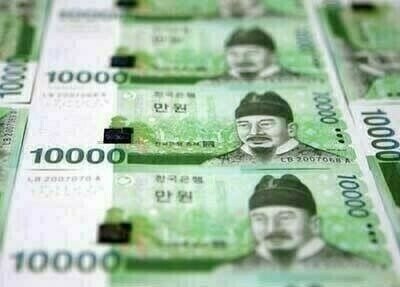Emerging Asian Currencies Subdued Amid US Federal Reserve Concerns
Emerging Asian currencies experienced a lull on Tuesday, influenced by President Donald Trump’s renewed criticism of the US Federal Reserve. Meanwhile, Singapore’s stock market continued its upward trend for a sixth consecutive session.
An MSCI index tracking emerging market stocks in Asia reversed a three-day streak of gains. This downturn was primarily driven by Taiwanese equities, which at one point declined by as much as 1.5%, reaching a near two-week low.
The Singapore dollar and the Thai baht remained near their mid-October peaks. In contrast, the Indonesian rupiah edged down to 16,855 per US dollar, hitting a low not seen in almost two weeks.
The rupiah has decreased approximately 5% this year, making it one of the weakest-performing emerging market currencies. This decline is attributed to worries regarding the nation’s fiscal spending strategies and the economic repercussions of US tariffs, which have led to substantial capital outflows.
A survey indicated that Bank Indonesia is largely anticipated to maintain its current interest rate on Wednesday. This decision aims to bolster the currency, despite increasing worries about decelerating growth in Southeast Asia’s largest economy.
Analysts at Maybank noted that the central bank has historically prioritized the stability of the rupiah, particularly as it has underperformed in the region despite a weaker US dollar.
Currencies in the Philippines, Malaysia, Taiwan, and South Korea experienced slight declines after reaching multi-month highs in prior trading sessions.
Stock markets in emerging Asian nations presented a mixed performance. Singapore’s Straits Times index continued its rise for the sixth day in a row, propelled by leading banks DBS and Oversea-Chinese Banking Corp.
The Singaporean benchmark has considerably outperformed its regional counterparts over the last three months, attracting investors due to its fiscal strength and attractive returns.
Shares in Kuala Lumpur concluded a three-day positive trend, retreating from a high reached the previous day. The Thai equity benchmark also experienced a 0.3% decrease.



Comments (0)
No comments yet. Be the first to comment!
Leave a Comment